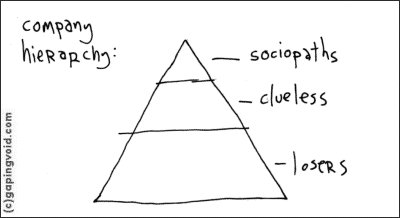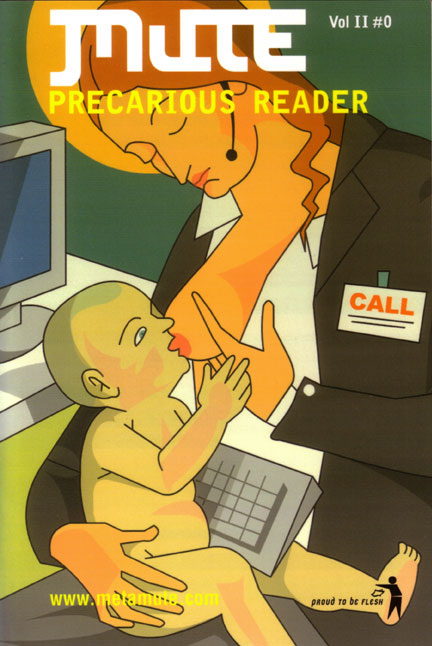I think the motto of recent living for me could be DOWN WITH THE TROLLS & GREY VAMPIRES, BUT ABOVE ALL, DOWN WITH THE PSYCHODRAMA DEMONS. What’s these here Grey Vampires and Trolls? K-punk outlines the concepts:
Grey Vampires are creatures who disguise their moth-greyness in iridescent brightness, all the colours of attractive sociability. Like moths, they are drawn by the light of energetic commitment, but unable to themselves commit. Unlike the Toll, the Grey Vampire’s mode is not aggressive, at least not actively so; the Grey Vampire is a moth-like only on the inside. On the outside, they are bright, humorous, positive – everyone likes them. But they are possessed by a a deep, implacable sadness. They feed on the energy of those who are devoted, but they cannot devote themselves to anything. (K-Punk)
Psychodrama Demons are somewhere in-between a Grey Vampire and a Troll. A Grey Vampire appears somewhat romantic at times, caught in a melancholia, only able to live vicariously through others, even as their mode-of-being sucks away at the marrow of life, draining those around them. A Troll is more outright aggressive. As K-Punk writes, a Troll “above all wants to waste time, its libido involves a banal sadism, the dull malice of snatching people’s toys away from them” (K-Punk).











 RT
RT 